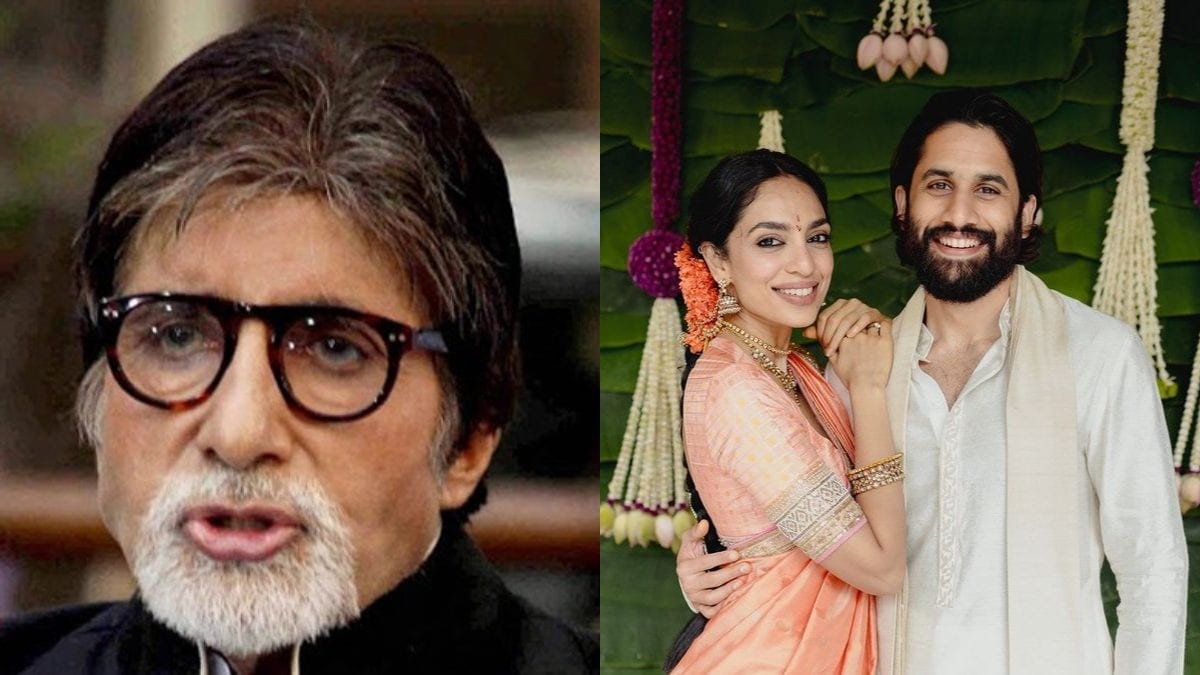Amitabh Bachchan’s sharp reprimand of a contestant on Kaun Banega Crorepati 16 sparked a conversation about societal views on unmarried women. The contestant, Krishna Selukar, while discussing his unemployment, drew a comparison between himself and an unmarried woman, stating that both are considered burdens on their respective families. Bachchan, however, took exception to this statement, reiterating the importance of challenging harmful stereotypes and recognizing the complexities of individuals’ lives. This incident highlights the ongoing battle against outdated societal norms and underscores the need for respectful and nuanced dialogue regarding personal choices and societal expectations.
Unmarried women: A burden or a choice?
The contestant’s comparison of an unmarried woman to an unemployed man, equating both as a financial burden, highlights a deeply ingrained societal bias against unmarried women. This prejudice is often rooted in traditional values that prioritize marriage as the ultimate goal for women, with societal expectations placing undue pressure on them to fulfill the role of a wife and mother. Such expectations often ignore the diverse realities of women’s lives, including their career aspirations, personal choices, and the complex socioeconomic factors that influence their decisions.
Dismantling outdated norms
Amitabh Bachchan’s response, while brief, carried a significant weight, as it served as a stark reminder of the need to challenge outdated societal norms. His statement, “Ek Baat Btaye Aapko…” (Let me tell you something), signaled a shift in the conversation, moving beyond the simplistic categorization of individuals based on their marital status. He subtly urged the contestant to consider the myriad of factors that shape a woman’s life and the complexities of judging her solely based on her marital status.
Addressing gendered expectations in Indian society
The debate surrounding the “burden” of unmarried women in India underscores the need to address the deeply embedded gendered expectations prevalent in society. This bias isn’t solely rooted in societal pressure; it’s also perpetuated by economic realities, such as limited employment opportunities and societal structures that often privilege male employment over female employment. These factors often create a situation where unmarried women face greater financial and social insecurity, fueling the perception that they are a burden.
Breaking the cycle: Challenging narratives
Addressing these biases requires a multi-pronged approach that focuses on:
- Empowering women: By promoting education, economic independence, and access to opportunities, women can gain the tools and resources to navigate their lives without succumbing to societal pressures.
- Changing attitudes: Fostering open dialogues and challenging societal narratives through education, media, and awareness campaigns is crucial to dismantling harmful stereotypes and promoting a more inclusive and respectful society.
- Supporting single women: Ensuring financial and social security for single women through government policies, social initiatives, and fostering supportive communities will address their needs and foster greater autonomy and choice.
Recognizing the complexities of individuals’ lives
The KBC incident, however, also points to the broader issue of recognizing the complexities of individuals’ lives. While it’s essential to address gendered expectations and societal biases, it’s crucial to understand that life is a tapestry woven with individual choices, aspirations, and circumstances.
Beyond stereotypes
Both the contestant and Bachchan’s perspective serve as reminders of the dangers of reducing individuals to stereotypes. A woman’s worth should not be solely measured by her marital status, just as a man’s value shouldn’t be defined by his employment status. Embracing individual stories and acknowledging the unique struggles of individuals, irrespective of their personal choices, is critical to building a more inclusive and compassionate society.
The need for respectful dialogue
This incident also underscores the need for respectful dialogue on sensitive topics. Engaging in nuanced discussions that avoid sweeping generalizations and acknowledge individual experiences can foster greater understanding and challenge harmful stereotypes.
Fostering respectful dialogue: The power of empathy
This incident highlights the crucial role of empathy in navigating discussions on sensitive issues. By fostering an environment of understanding and respect, individuals can move away from preconceived notions and engage in meaningful conversations that can pave the way for progress and positive change.
Take Away Points:
- Societal biases and expectations can have a harmful impact on individuals, particularly women, who often face pressure to conform to traditional roles and expectations.
- Challenging outdated norms through open dialogues and promoting a more inclusive and respectful society are essential to dismantle harmful stereotypes and promote greater understanding.
- Recognizing the complexities of individual lives and acknowledging the unique struggles and aspirations of individuals irrespective of their choices is critical for fostering a more compassionate and empathetic society.
- The need for respectful dialogue on sensitive issues, prioritizing empathy and understanding, can lead to meaningful conversations that foster progress and positive change.




